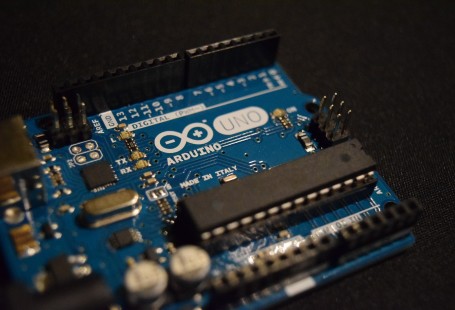A few days ago, October 27 2016 to be exact, the U.S. Copyright Office temporarily made hackers’ lives a lot easier. They eliminated some restrictions imposed by the Digital Millennium Copyright Act (DMCA) that had prevented researchers from circumventing protections, such as encryption, that restricted access to copyright protected material.
This means that it’s now legal (at least for the next two years) to hack or reverse engineer the software in your own car, pacemaker, PC, phone, you name it.
What could this mean for software houses and their defenders?
- Even though bad guys were already flouting that law, white hat hackers who had to be more cautious just got breathing space
- It’s fair to expect an increase in sophisticated security bugs being reported by white hat hackers
- And perhaps this could be a strong incentive to eschew security through obscurity
On the whole, it looks like a good development for Cybersecurity. For software houses, it elevates the importance of product security even further, requiring that they develop and/or maintain a high standard of security in the products and services they build. I would even suggest that software companies develop internal reverse engineering skills.
If you wish to learn more about this interesting development, here are a couple of good articles on Forbes.com and Threatpost.com.


